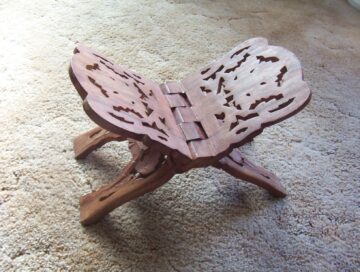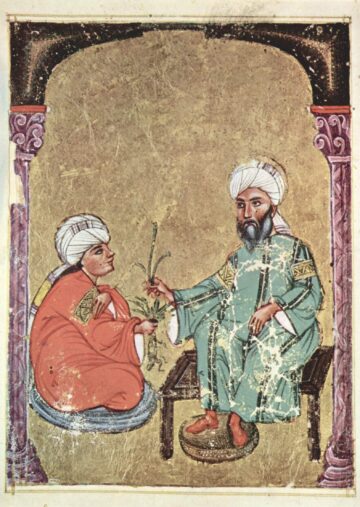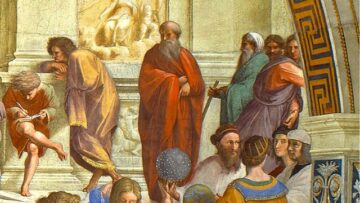Keywords: da‘wa, Fatimid, Qarmati, batin, Haqa’iq, ta’wil, wasi, adwar, samit, asas, mutimm, mahdi, dawr al-kashf, al Nasafi, kitab al-islah, al Sijistani, dawr al-fitra, yawm al-qiyama, cosmology, satr, NizarisAdherents of a branch of the Ismailis who gave allegiance to Nizar, the eldest son of the Fatimid Imam-caliph al-Mustansir (d. 1094) as his successor., ta’lim, taqiyyaPrecautionary dissimulation of one’s religious beliefs, especially in time of persecution or danger, a practice especially adopted by the Shi’i Muslims..
Abstract: It was in 148 AH/765 CE that the earliest groups identifiable as IsmailisAdherents of a branch of Shi’i Islam that considers Ismail, the eldest son of the Shi’i Imam Jaʿfar al-Ṣādiq (d. 765), as his successor. separated from the rest of the Imami Shiis, centred in Kufa in southern Iraq.[1] By the early 260s AH/870s CE, when numerous da’is appeared in many regions of the Muslim world, the Ismailis had organised a dynamic movement. The Ismailis now referred to their religio-political campaign simply as al-da’wa (the mission) or al-da’wa al-hadiya (the rightly-guiding mission). The central aim of the early Ismaili da’wa was to install the ‘Alid imam recognised by the Ismaili Shi’is to the position of leadership over all Muslims, in rivalry with the ‘Abbasid caliph in Baghdad.
The rapid success of the early Ismaili da’wa culminated in the foundation of the Fatimid caliphate in 297 AH/909 CE in North Africa. The religio-political da’wa of the Ismailis had finally led to the establishment of a state or da’wa headed by the Ismaili imamIn general usage, a leader of prayers or religious leader. The Shi’i restrict the term to their spiritual leaders descended from ʿAlī b. Abī Ṭālib and the Prophet’s daughter, Fatima.. In the Fatimid period (297-567 AH/909-1171 CE), when the Ismailis possessed a flourishing state of their own, they elaborated a diversity of intellectual traditions and institutions of learning, making important contributions to Islamic thought and culture.
Author

Dr Farhad Daftary
Co-Director and Head of the Department of Academic Research and Publications
An authority in Shi’i studies, with special reference to its Ismaili tradition, Dr. Daftary has published and lectured widely in these fields of Islamic studies. In 2011 a Festschrift entitled Fortresses of the Intellect was produced to honour Dr. Daftary by a number of his colleagues and peers.







